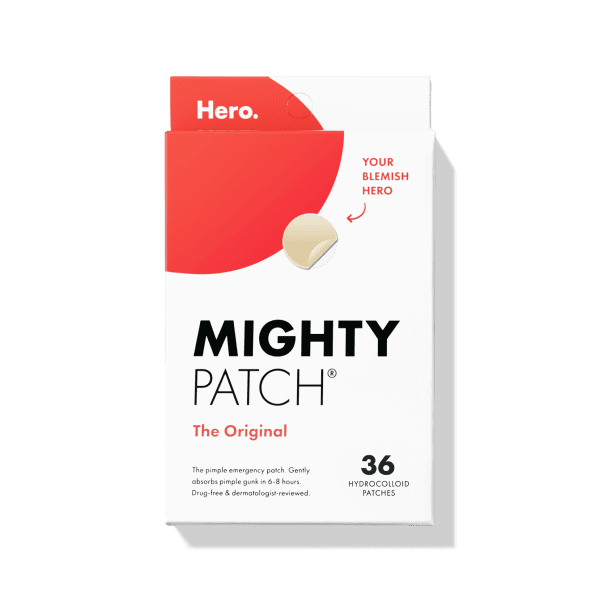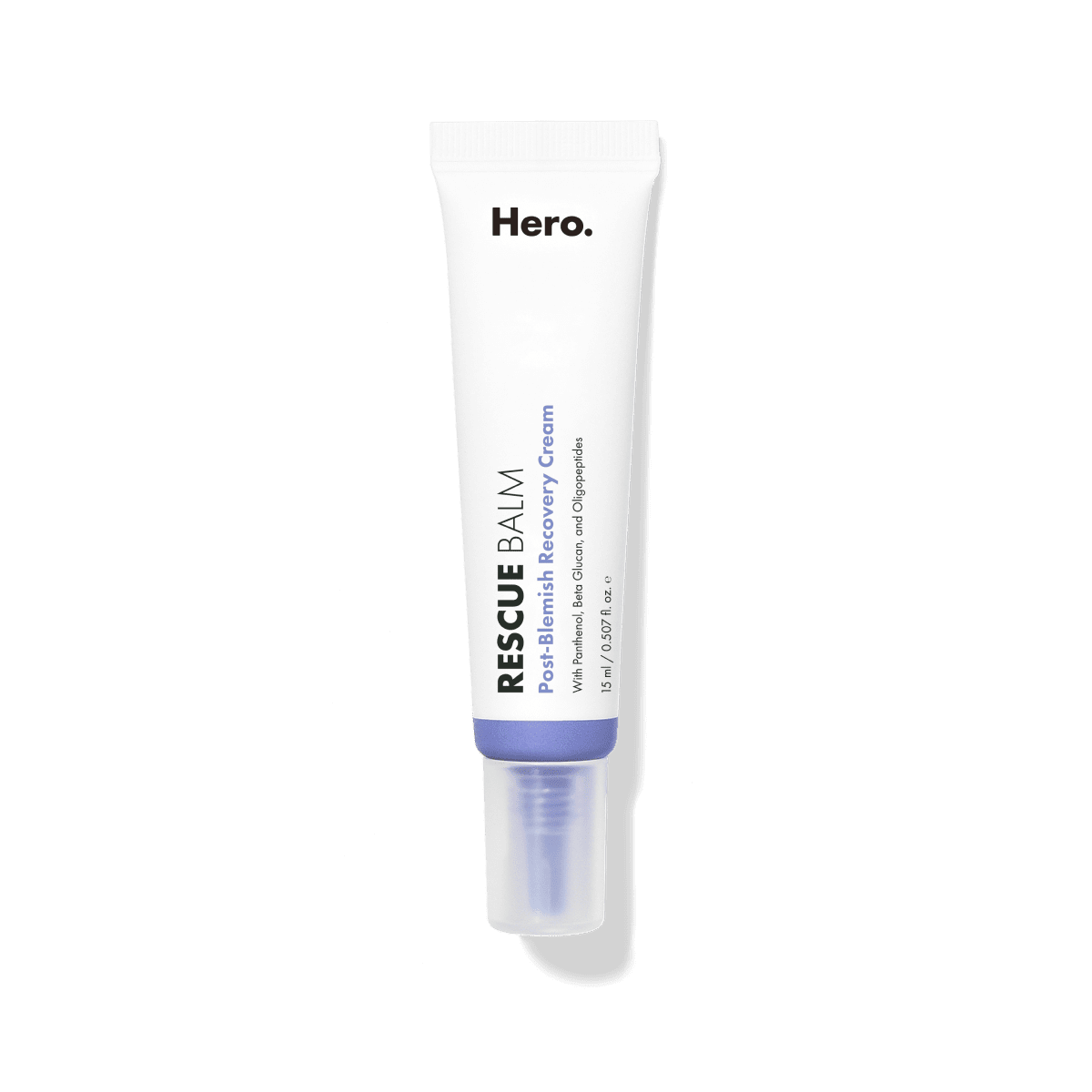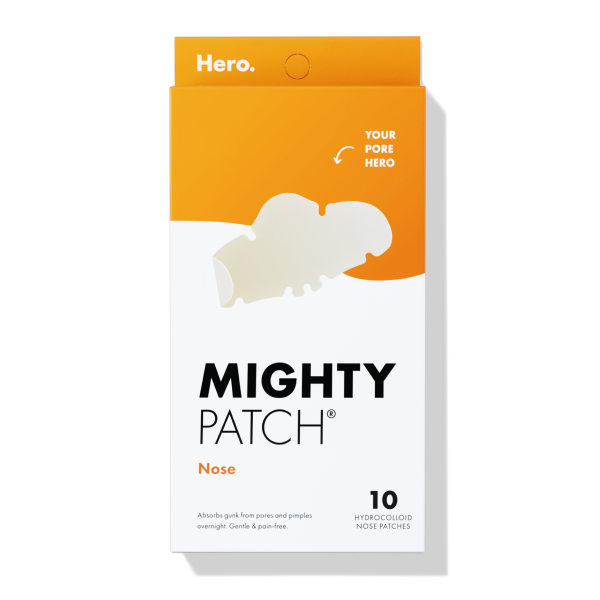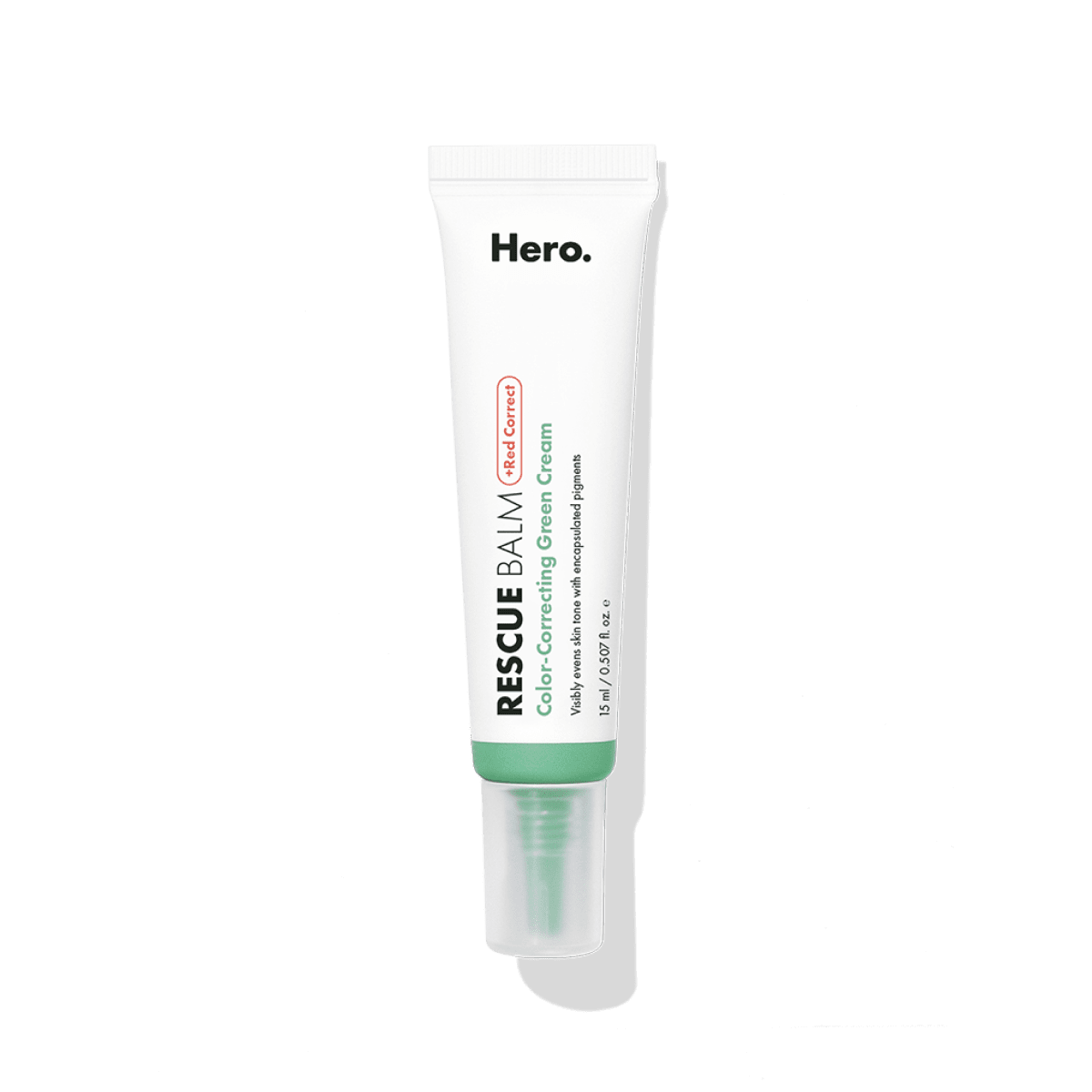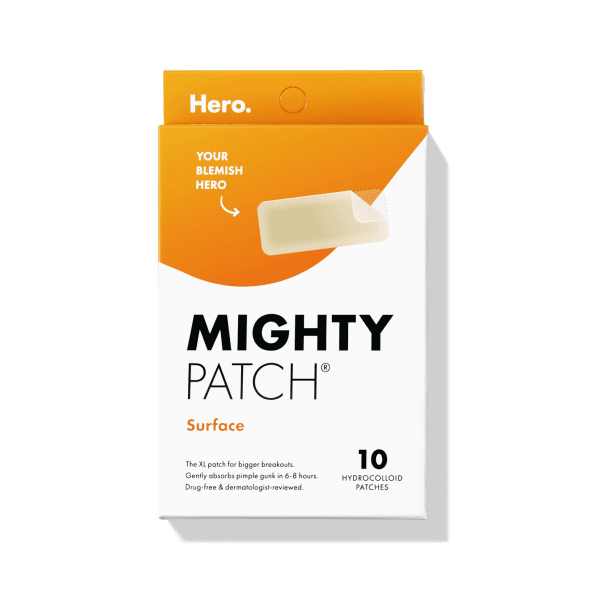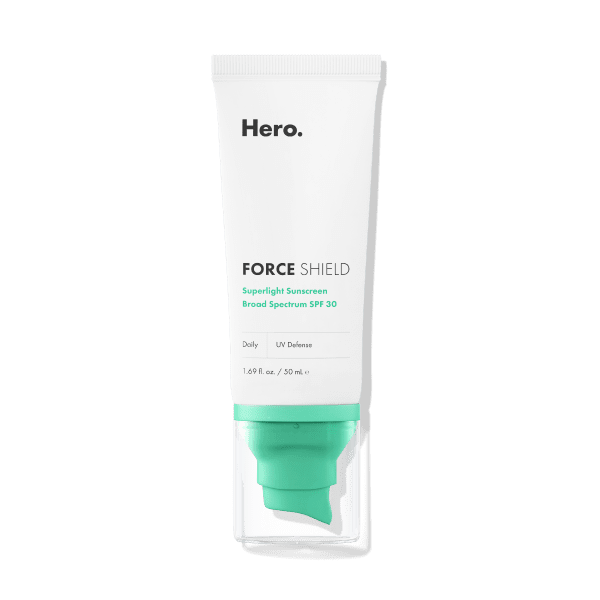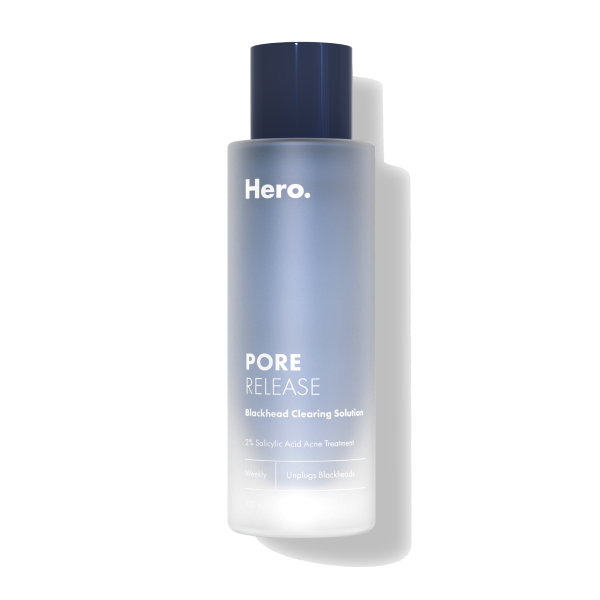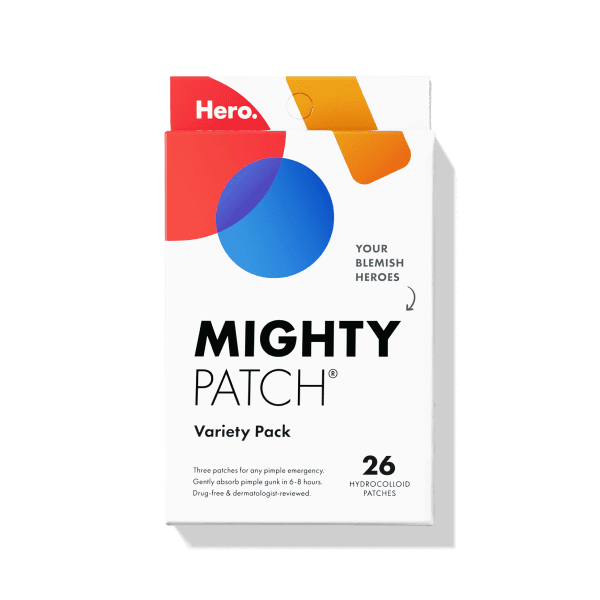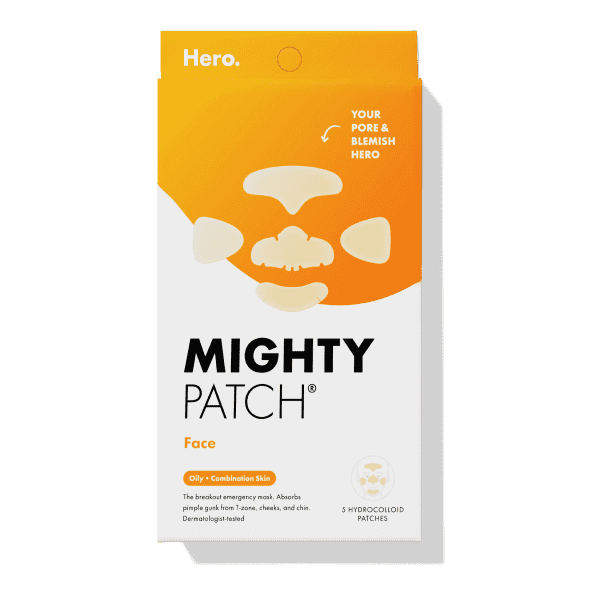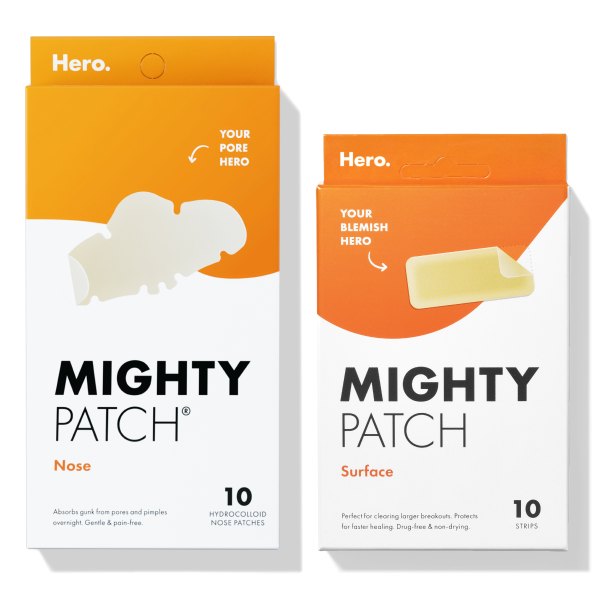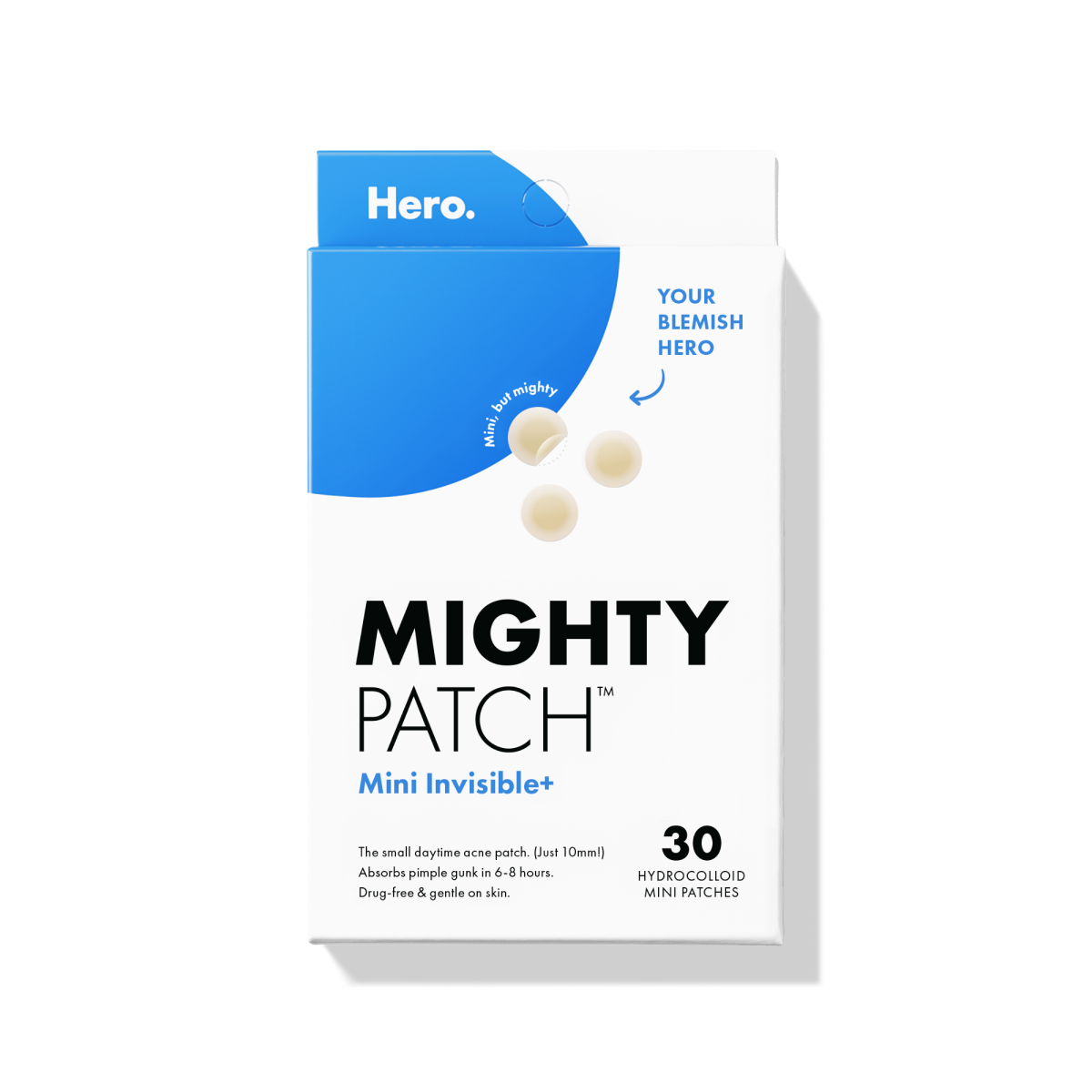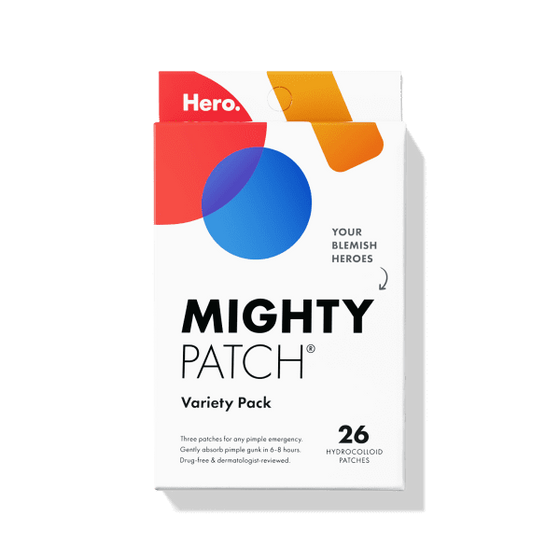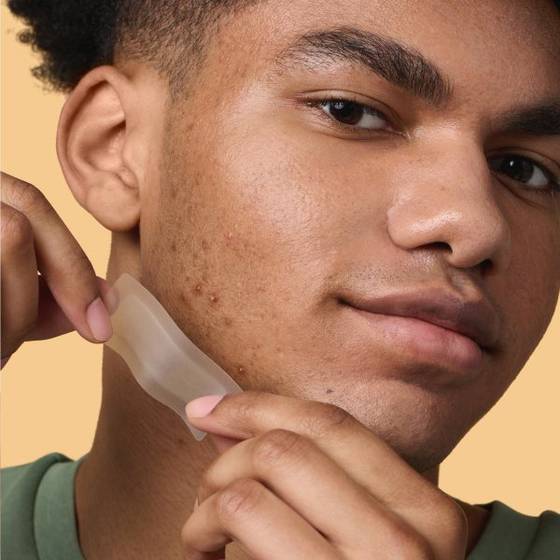
From a must-do 10-step routine to the newest minimalist routine, it can be really hard to keep up with the latest way to take care of your skin. The truth is, using too many (or the wrong) products together can irritate your skin, which is pretty much the opposite effect of what you are going for. When ingredients don’t mix well, you can experience redness, sensitivity, sunburn and - in some cases - contact dermatitis.
To help you work your way through some common skincare truths and myths, we’ve rounded up four gray areas about how some popular skincare ingredients work (or don’t work).
If you don’t have Apple Cider Vinegar, you can use water for an Aztec Clay Mask.
FALSE. When you’re just getting ready to apply an Aztec Clay Mask and realize you don’t have any Apple Cider Vinegar, chances are a web search will yield some results that say you can use water instead. However, water will disrupt the pH of the clay, leaving your skin dry and red. Facial skin has an average pH of 4.5-5. Aztec Clay has a slightly higher pH and Apple Cider Vinegar has a slightly lower pH. By mixing the two together, the pH remains around 5. However, water has a pH of 7, so if you mix it with Aztec Clay, the end pH will be greater than 5 (and less than ideal to apply to your skin).
Combining SPF 30 and SPF 50 is the same thing as using SPF 80.
FALSE. SPF stands for sun protection factor, and it measures how well a sunscreen will protect you from the sun. The number after SPF indicates the length of time you can spend in the sun without getting sunburnt. Since this amount of time is different for each person, you take the number after SPF and multiply it by the time it takes for you to burn without sunscreen. For example, if it takes 15 minutes for you to sunburn, and you use SPF 15, you can spend about 225 minutes outside before you begin to burn (15 minutes x SPF 15).
Sunscreens with different levels of SPF probably contain different active ingredients, and combining them could potentially compromise ingredients. Even if they do have the same active ingredient, the potency is different. At best, you’ll be getting coverage from an SPF 50 product. But it’s more likely that you will dilute the SPF and the coverage will be closer to SPF 30.
You can use retinol during the day.
TRUE. Contrary to popular belief, you can use retinol products during the day as long as you’re an avid user of sunscreen (which should be everyone). Just be sure to wear a sunscreen with SPF 30 or higher. Retinol helps reduce premature signs of aging, but the sun does the exact opposite. If you don’t add a barrier (sunscreen) between the sun and retinol, the sun will combat the effects of retinol.
Vitamin C is sensitive to light and temperature.
TRUE. Vitamin C (or any water-soluble vitamin) will lose nutrients and effectiveness when mixed with heat and sunlight. Store any skincare products that contain Vitamin C in cool, dark places. If a product changes color to rusty yellow, it likely has gone bad from heat and light exposure and should be tossed.
